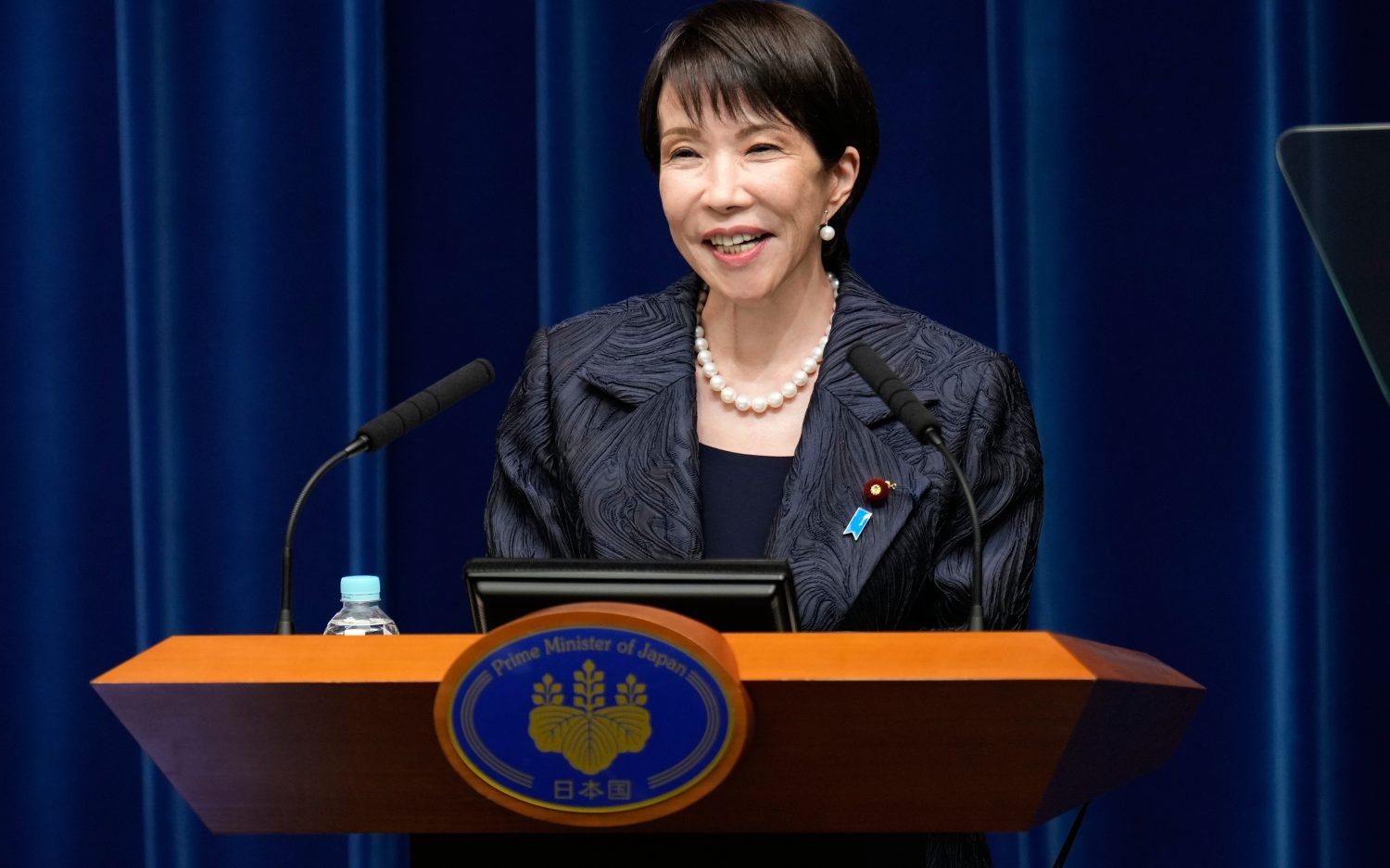Gambian lawmakers uphold ban on female genital mutilation
Members of Gambia’s parliament on Monday rejected a bill that would have overturned a ban on female genital mutilation that has been in place since 2015. Lawmakers introduced the bill in March and a majority of parliament members initially approved it. Only 19 of the 53 members of Gambia’s National Assembly who were present Monday voted to approve the bill, compared to 42 of 47 present who voted in favor of it in March. Gambia would have been the first country in the world to roll back protections against the practice if lawmakers had repealed the ban. More than 80 countries either have outright bans on the practice, or allow it to be prosecuted through other laws, according to the UN.
What is female genital mutilation? The practice removes all or part of a female's external genitalia for non-medical reasons and is traditionally performed on girls under age 15, according to the United Nations International Children’s Fund. There is no medical justification for the practice, according to the World Health Organization, and many girls suffer complications that can lead to death or cause long-term health challenges.
More than 230 million girls and women worldwide have endured the procedure, according to a UNICEF report, the majority of whom are from Africa. The 2019-2020 Gambia Demographic and Health Survey showed that 73 percent of girls and women ages 15 to 49 suffered mutilation, down slightly from 75 percent in 2013.
Supporters of the practice claim it has religious and cultural importance. Gambia is a majority Muslim country and, though the practice is not outlined in Islamic law, it is prevalent in other Muslim-majority countries.
Has the ban protected women and girls? Few people have been prosecuted under the law since former dictator Yahya Jammeh introduced the ban in 2015 and many rural communities have continued the practice. A court last year found three women guilty of mutilating girls between the ages of 4 months to 1 year. They were the first convictions under the law.
Muslim Imam Abdoulie Fatty paid the fines imposed by the court on the women, according to local media. Fatty supported parliament member Almameh Gibba who introduced the bill that aimed to lift the ban on mutilation.
Dig deeper: Listen to Myrna Brown, Nick Eicher, and John Stonestreet’s discussion about the connection between transgender surgeries and female genital mutilation.
An actual newsletter worth subscribing to instead of just a collection of links. —Adam
Sign up to receive The Sift email newsletter each weekday morning for the latest headlines from WORLD’s breaking news team.





Please wait while we load the latest comments...
Comments
Please register, subscribe, or log in to comment on this article.